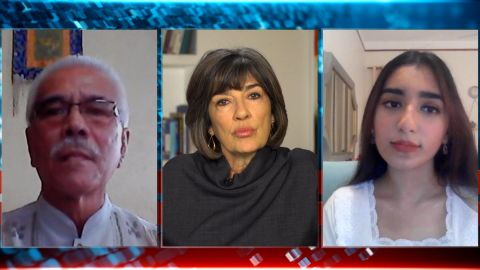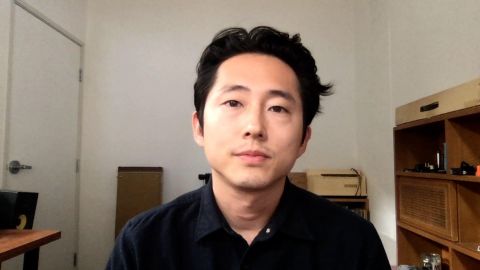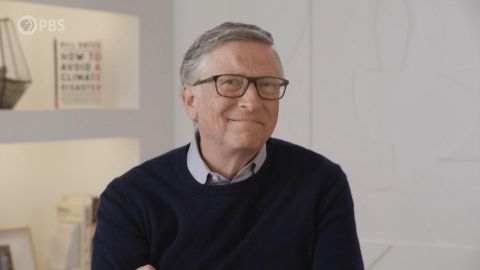Read Transcript EXPAND
ANOTE TONG, FORMER PRESIDENT OF KIRIBATI: When I first heard that the U.S. was withdrawing, it was really was out one of the greatest disappointments. I have always believed that, without the participation of the U.S., very little can be done. And so, with the U.S. coming back on board, we’re hoping that a lot of the disappointments that we had expected following the change in administration from the Obama administration, we are hoping that there would be a renewed momentum, adding to what followed the climate discussions in Paris. So, I am very excited. I’m hoping that something — we can hopefully avoid a lot of the tipping points that we were on the verge of surpassing. For countries like Kiribati, I think we have already crossed many…
(CROSSTALK)
CHRISTIANE AMANPOUR: Yes. Yes.
TONG: Sorry.
AMANPOUR: Before I turn to Aliza Ayaz, I want — it’s OK. I just want to ask you, because we have said that you face a potential submersion. How bad is it there in Kiribati? How urgent is the situation?
TONG: Well, we are — we have already been experiencing these impacts. We have communities who have had to relocate. We have king tides washing over the island and flooding, destroying crops, sometimes destroying homes. And so these are becoming more frequent. The question will be, as it gets worse, where do we go from here? And I think this is the question that we really not — have not been able to answer, nor has the international community in being able to address it.
AMANPOUR: All right, well, I’m going to come back to you on, where do we go from here? But let me get a status report from Pakistan and Aliza Ayaz. You have been named a U.N. youth representative, ambassador for this. You are at — now you’re in Karachi, but you’re at University College London. What is it that has propelled you into the forefront of this fight?
ALIZA AYAZ, UNITED NATIONS YOUTH AMBASSADOR: Lots of different factors, influences, I think. Moving around the Middle East and Europe has given me exposure to the stark reality of the climate crisis. I think what’s special about being a climate activist is that more and more people my age, we’re talking about the problems for people and really recognizing that human-environment connection exists. And we’re not just concerned about the polar bears. Our message isn’t just about saving the rain forest or saving whales. It’s about (AUDIO GAP) don’t just need protection. There’s also increasingly research on the role of young activists, all the way from (AUDIO GAP) 24 years that are playing a leading (AUDIO GAP) because they’re there, and they’re not being paid to be there. So, I think because young climate protesters don’t want to represent someone else’s agenda or their message is strikingly direct and unvarnished, we can say a lot of things that other adults can’t.
About This Episode EXPAND
The former president of Kiribati Anote Tong and United Nations’ Youth Ambassador Aliza Ayaz discuss the perils of the climate crisis. Actor Steven Yeun discusses the critically acclaimed film “Minari.” Bill Gates joins Walter Isaacson to discuss the climate crisis.
LEARN MORE


